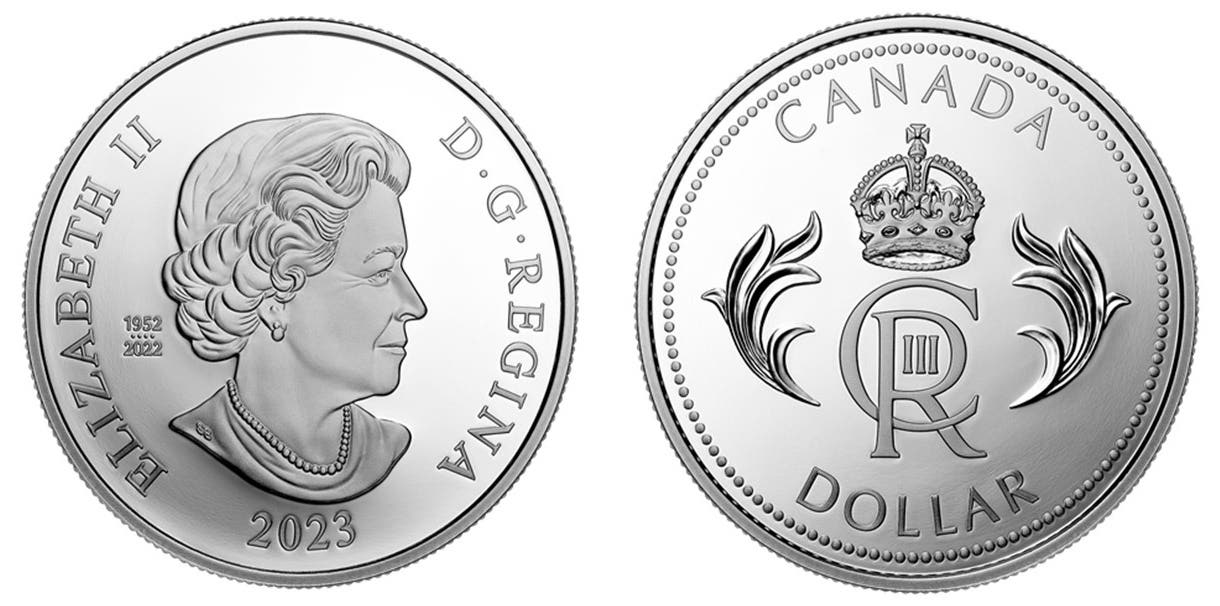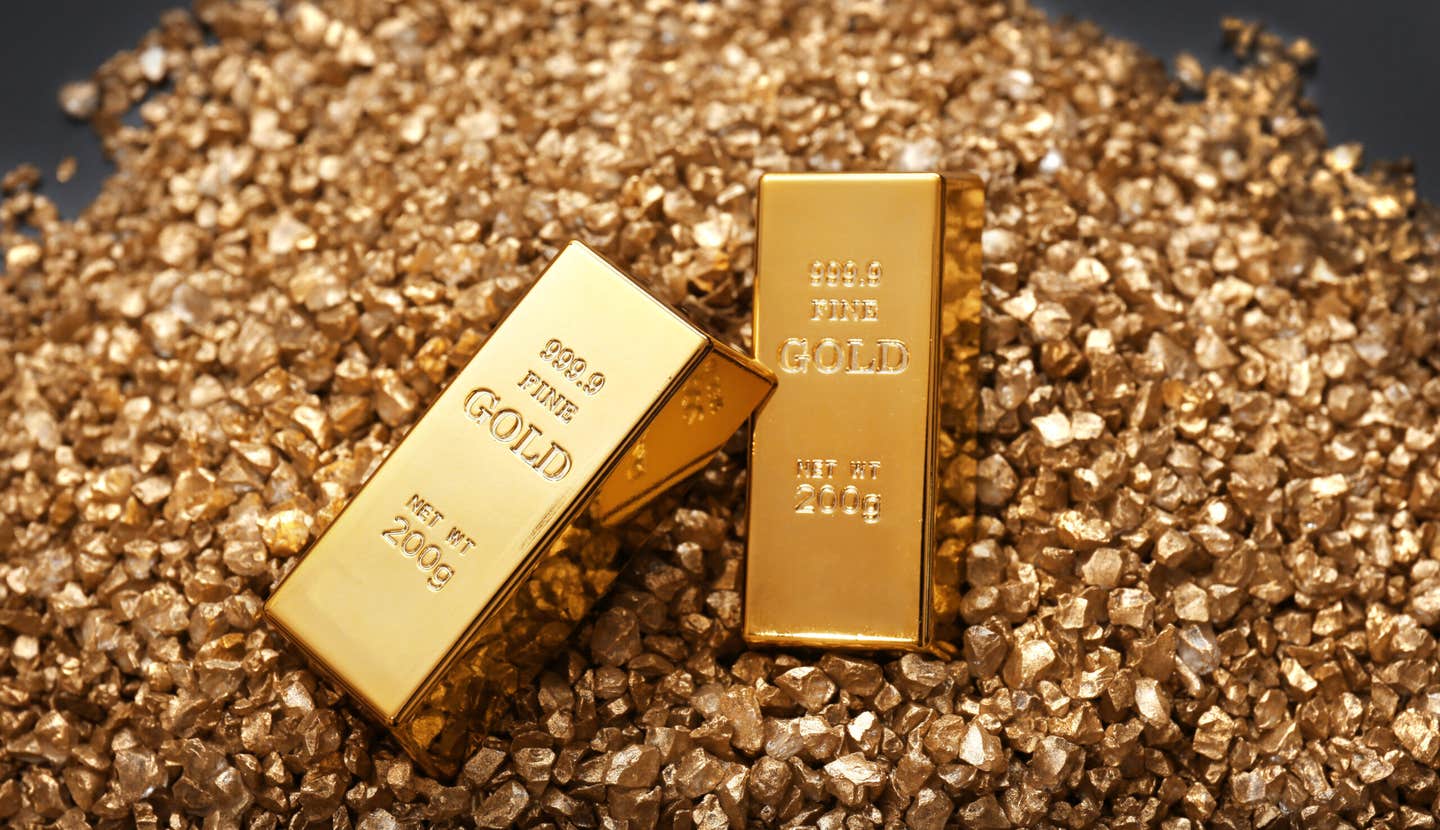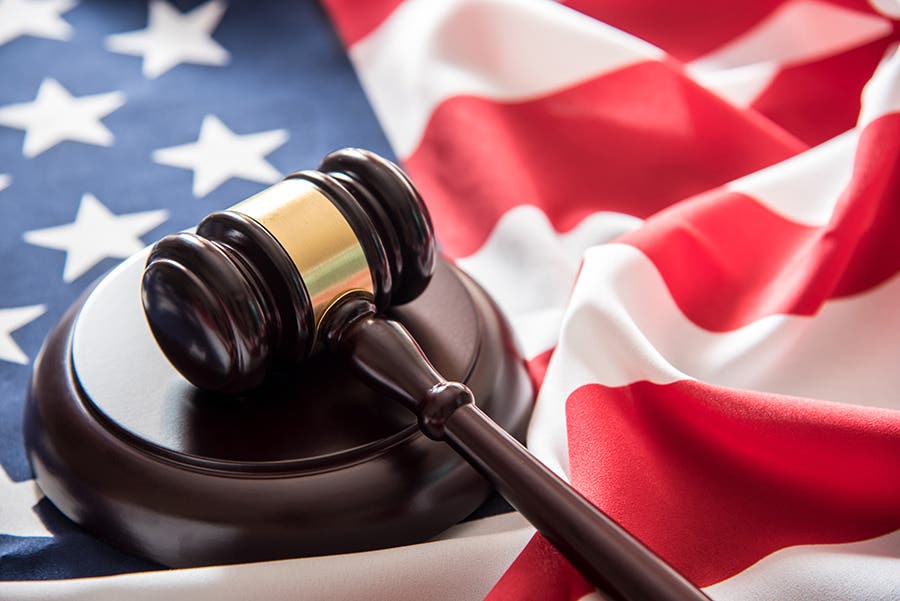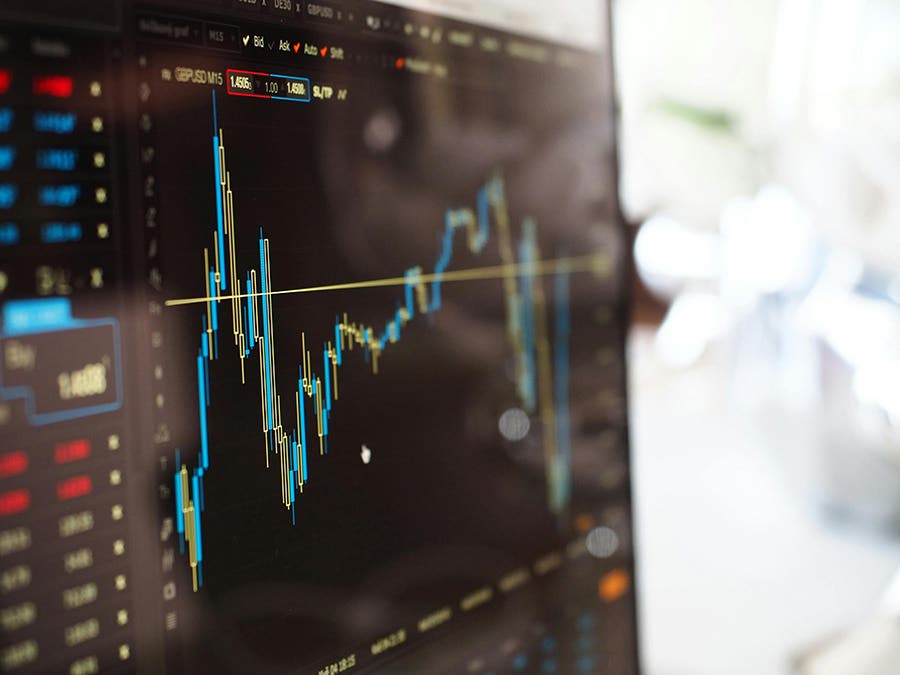NCBA Efforts Cut Paperwork for Coin Dealers, Customers
Over 30 years ago, the IRS began requiring coin dealers to report purchases from non-corporate sellers of selected precious metals items to it. However, in recent months, a review of these reporting requirements was conducted.
The National Coin & Bullion Association (NCBA) recently concluded successful negotiations with the Internal Revenue Service (IRS) to reduce, as of Jan. 1, 2024, the paperwork burden previously imposed on coin dealers and some of their customers. You can read the NCBA news release here.
Over 30 years ago, the IRS began requiring coin dealers to report purchases from non-corporate sellers of selected precious metals items to it. This would require that dealers obtain names, addresses, and taxpayer numbers to report the details on Form 1099-B of such purchase to the IRS, along with copies provided to the seller.
Initially, the application of the reporting requirement was vague, with different IRS employees reaching different interpretations of what items to report and the minimum quantity requirements for filing Form 1099-B.
Eventually, the IRS stated that the items and the minimum quantities that would require filing these tax forms were for coin dealer purchases of products that were eligible to be delivered to fulfill a regulated U.S. commodity contract. At the time, approval had been granted to establish a commodity exchange that traded contracts of $1,000 face value bags of U.S. 90 percent silver dimes, quarters or half dollars, or 25 coins each of South Africa 1-ounce gold Krugerrands, Canada 1-ounce gold Maple Leafs or the Mexico 1-ounce gold Libertads. Even though this approved exchange never went into operation, the IRS continued to require that coin dealers who purchased any of these coins from non-corporate sellers (including coin dealers who were not incorporated) in the minimum or larger quantities to file Form 1099-B.
In recent months, a review of these reporting requirements was conducted. This effort was spearheaded by Gary Knaus, NCBA member and owner of Knaus & Associates, Inc., alongside NCBA general counsel Jimmy Hayes, who played a pivotal role in engaging with the IRS Office of Chief Counsel. There are no currently approved commodity contracts where U.S. 90 percent silver coins, Krugerrands, gold Maple Leafs, or gold Libertads are qualified to fulfill delivery requirements. Therefore, Hayes contacted IRS officials to argue for trimming the list of products that need to be reported on Form 1099-B.
These efforts were successful a couple of months ago. The IRS will be revising the instructions for filling out Form 1099-B to reflect that coins no longer need to be reported to the agency. As you can see in the current version of instructions on page 5, the word “coin” is still used to describe reportable items. Expect this publication to be brought up to date before the end of the year.
One other point was clarified during these negotiations with the IRS. When dealers purchase bars from the public, the bars must meet the minimum purity and quantity requirements that could be delivered in fulfillment of a commodity contract. Now, there is an additional requirement that must be met to trigger filing Form 1099-B – the brand names of the bars must be on the list of those approved for delivery. If a dealer were to purchase bars of acceptable purity and quantity but are not brands approved for delivery on a commodity contract, no Form 1099-B needs to be filed. Therefore, dealers buying gold, silver, platinum or palladium bars from the public should search online for the brands of bars approved for fulfillment of COMEX contracts.
Continue to be aware that whether or not a coin dealer is required to file Form 1099-B when purchasing coins, precious metals, or collectibles, the sellers are liable to report any paper gains from such sales on any required income tax forms and pay taxes on such gains.
The NCBA’s mission is to support dealers and collectors on federal, state, and occasionally local levels. Perhaps its best-known long-term activity has been helping achieve precious metals bullion, coin, and currency sales tax exemptions at the state level.
As of Aug. 1, 2024, when Kentucky’s exemption takes effect, only the states of Hawaii, Maine, New Jersey, New Mexico, and Vermont, plus the District of Columbia, have either no state sales taxes at all or have enacted laws (in 44 states) or adopted regulations (in Nevada) for complete or partial sales exemptions on such products.
However, the NCBA has been active over the years in helping defend such existing sales tax exemptions from efforts to revoke them (including defeating two such efforts in Michigan after its exemption was enacted in 1999), helping provide information to dealers to comply with regulations on receiving cash payments from customers, working with the Transportation Security Administration to make it easier for dealers boarding flights to undergo private room searches of their carryon bags, combatting overreaching regulations of state and local holding periods for dealer purchases, helping dealers understand and find resources to comply with anti-money laundering regulations and other issues. Unfortunately, in today’s highly regulated world, dealers and even collectors need to join the NCBA for their own long-term protection.
Answer to the Previous Trivia Question
Which current U.S. currency depicts someone who was not born in what is now the United States of America?
The answer is, of course, Alexander Hamilton, who appears on the $10 Federal Reserve Notes. He was born in Charlestown on the British Leeward Island of Nevis (now part of the Caribbean nation of Saint Kitts and Nevis).
This Week’s Trivia Question
Which U.S. coin denomination did not have legal tender status until seven years after its production by the U.S. Mint ceased? Come back next week for the answer.
Patrick A. Heller was honored as a 2019 FUN Numismatic Ambassador. He is also the recipient of the American Numismatic Association 2018 Glenn Smedley Memorial Service Award, 2017 Exemplary Service Award, 2012 Harry Forman National Dealer of the Year Award, and 2008 Presidential Award. Over the years, he has also been honored by the Numismatic Literary Guild (including twice in 2020), the Professional Numismatists Guild, the Industry Council for Tangible Assets, and the Michigan State Numismatic Society. He is the communications officer of Liberty Coin Service in Lansing, Mich., and writes “Liberty’s Outlook,” a monthly newsletter on rare coins and precious metals subjects. Past newsletter issues can be viewed at www.libertycoinservice.com. Some of his radio commentaries titled “Things You ‘Know’ That Just Aren’t So,” and “Important News You Need To Know” can be heard at 8:45 a.m. Wednesday and Friday mornings on 1320-AM WILS in Lansing (which streams live and becomes part of the audio archives posted at www.1320wils.com).
You may also like:








